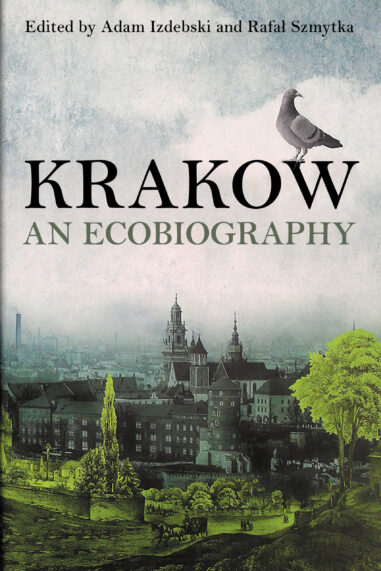Like most cities, Poland’s Krakow developed around and because of its favorable geography. Before Warsaw, Krakow served as Poland’s capital for half a millennium. It has functioned as a cultural center, an industrial center, a center of learning, and home for millions of people. Behind all of this lies the city’s environment: its fauna and plant life, the Vistula River, the surrounding countryside rich with resources, and man-made change that has allowed the city to flourish. In Krakow: An Ecobiography, the contributors use the city as a lens to focus these social and natural intricacies to shed new light on one of Europe’s urban treasures. With chapters on pollution, water systems, the city’s natural network with the surrounding area, urban infrastructure, and more, Krakow demonstrates how much an environmental perspective can bring to the understanding of Poland’s history and the challenges presented by the heritage of the past.


